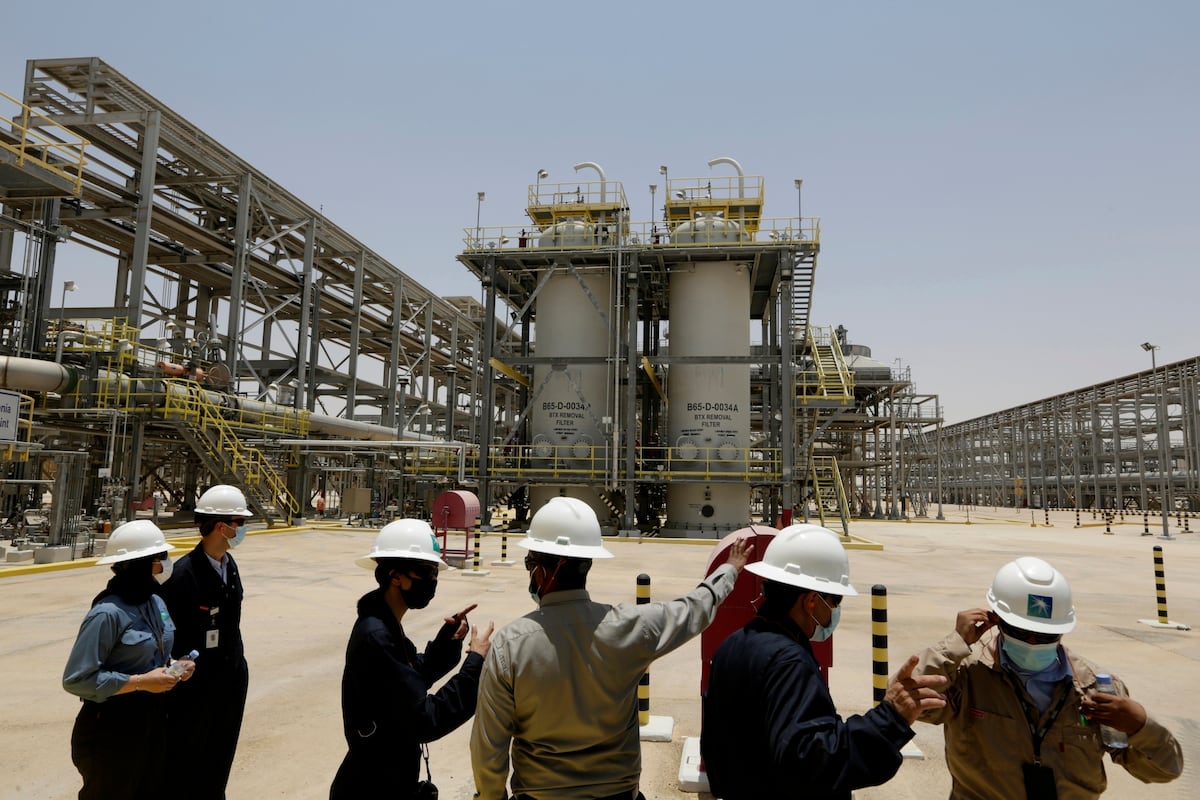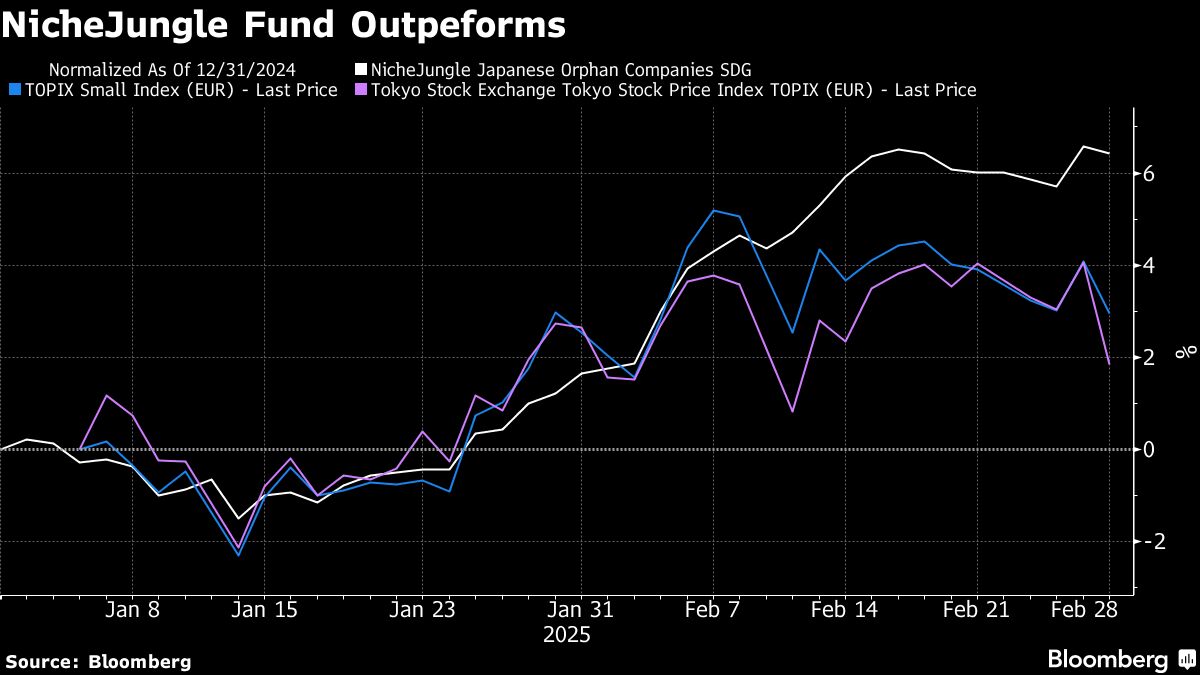Companies
2025-04-15 18:33:17
Content

In a bold move that underscores the growing tensions in the pharmaceutical industry, nearly 35 global drug manufacturers have jointly appealed to European Commission President Ursula von der Leyen for critical support. The companies, including industry giants like Pfizer, Eli Lilly, and AstraZeneca, are seeking assistance to maintain their operational viability in the European Union amid looming U.S. tariff threats.
The pharmaceutical powerhouses have highlighted a significant economic challenge: the stark pricing disparities between the U.S. and European markets. In their passionate plea, they revealed that drug prices in the United States are typically double those in European countries like France, creating substantial financial pressure on their European operations.
Through a letter obtained by French business newspaper Les Echos, the pharmaceutical consortium is urgently requesting comprehensive measures, including financial compensation for research and innovation costs. Their goal is to ensure the continued development of groundbreaking medical treatments while navigating the complex international trade landscape.
This unprecedented collective action signals a critical moment for the pharmaceutical industry, as companies seek to balance economic sustainability with their commitment to global healthcare innovation.
Global Pharma Giants Raise Alarm: EU's Economic Landscape Threatens Innovation and Market Stability
In an unprecedented move that signals growing tensions within the international pharmaceutical industry, a coalition of leading drug manufacturers has taken a bold stand against economic disparities threatening their operational sustainability and innovation capabilities across the European market.
Navigating Complex Economic Challenges in Pharmaceutical Ecosystem
The Pricing Paradox: Pharmaceutical Innovation Under Pressure
The pharmaceutical landscape is experiencing a seismic shift as global drug manufacturers confront unprecedented economic challenges. Major players like Pfizer, Eli Lilly, and AstraZeneca are grappling with significant market asymmetries that fundamentally challenge their ability to sustain cutting-edge research and development initiatives. The core issue revolves around dramatic pricing differentials between the United States and European markets, creating a complex economic environment that threatens long-term innovation strategies.
Pharmaceutical companies are increasingly vocal about the structural economic barriers impeding their growth. The substantial price discrepancies—where U.S. drug prices average nearly double those in European countries like France—represent more than a mere market inconvenience. These disparities potentially undermine the entire ecosystem of medical research, development, and global healthcare advancement.
Strategic Implications of Cross-Border Pharmaceutical Dynamics
The collective action by nearly three dozen pharmaceutical corporations represents a strategic watershed moment in international healthcare economics. By formally addressing European Commission President Ursula von der Leyen, these companies are signaling a coordinated effort to reshape the regulatory and economic frameworks governing pharmaceutical innovation.
Their communication transcends traditional market negotiations, highlighting the intricate relationship between pricing mechanisms, research investment, and global healthcare accessibility. The letter serves as a sophisticated diplomatic instrument, simultaneously warning of potential market disruptions while proposing collaborative solutions that could benefit both pharmaceutical entities and broader healthcare systems.
Technological and Economic Resilience in Pharmaceutical Sector
The current economic landscape demands unprecedented adaptability from pharmaceutical corporations. Beyond immediate pricing concerns, companies must navigate complex geopolitical tensions, potential trade restrictions, and evolving regulatory environments. The threatened U.S. tariffs on imports represent just one layer of a multifaceted challenge that requires nuanced, strategic responses.
Pharmaceutical innovators are increasingly recognizing that survival and growth depend not just on scientific breakthroughs, but on their ability to create robust, flexible business models that can withstand rapid economic transformations. This requires sophisticated risk management, strategic international partnerships, and a proactive approach to regulatory compliance.
Global Healthcare Ecosystem: Balancing Innovation and Accessibility
The current pharmaceutical discourse extends far beyond corporate profitability, touching fundamental questions about global healthcare accessibility and technological innovation. As these companies advocate for more supportive economic frameworks, they are simultaneously highlighting the delicate balance between maintaining profitable research initiatives and ensuring widespread medical accessibility.
The European Commission now faces a critical decision-making moment. Their response will likely set precedents for how advanced economies manage the complex interplay between pharmaceutical innovation, market dynamics, and public health considerations. The outcome could reshape international pharmaceutical strategies for decades to come.









